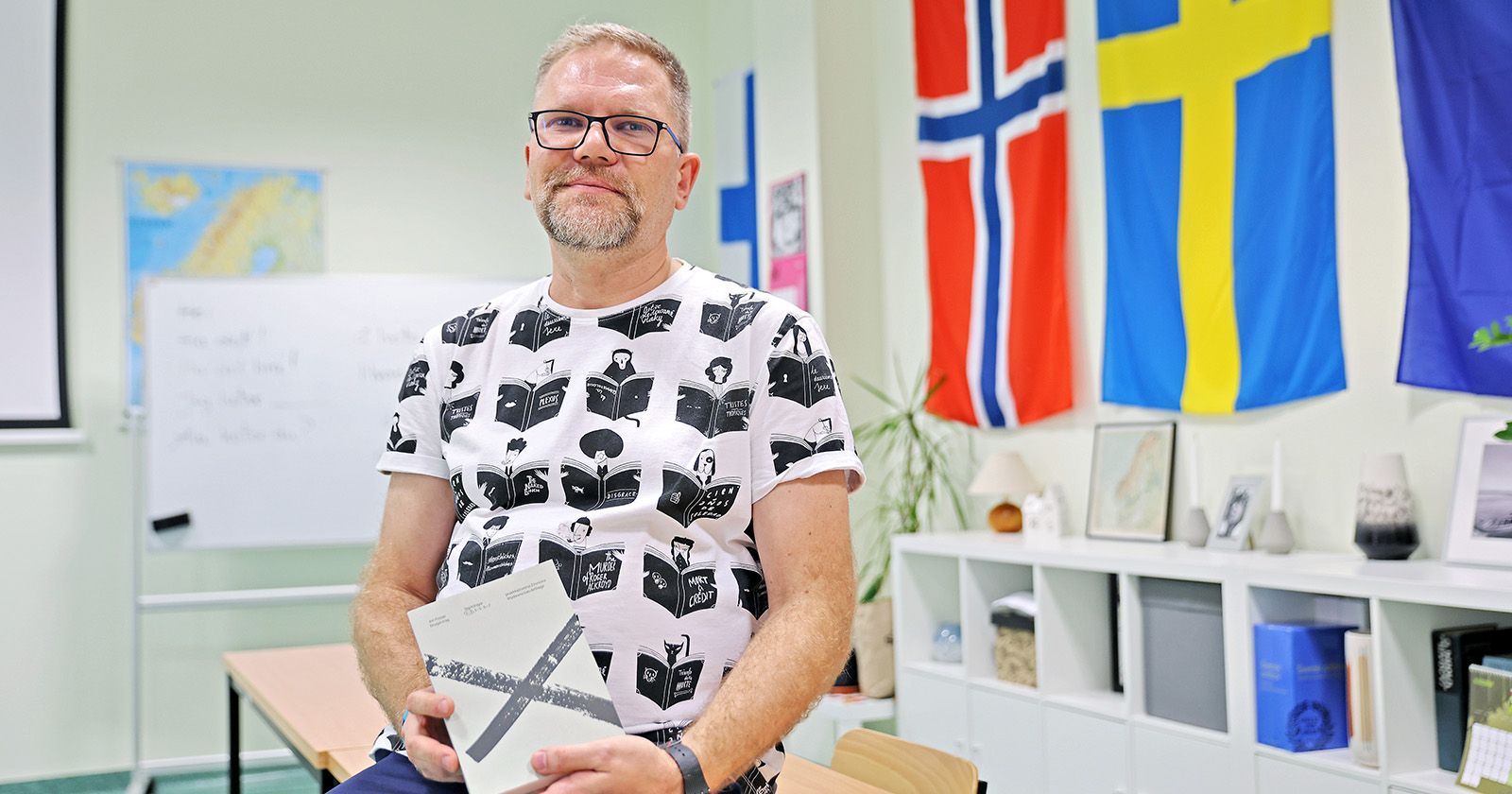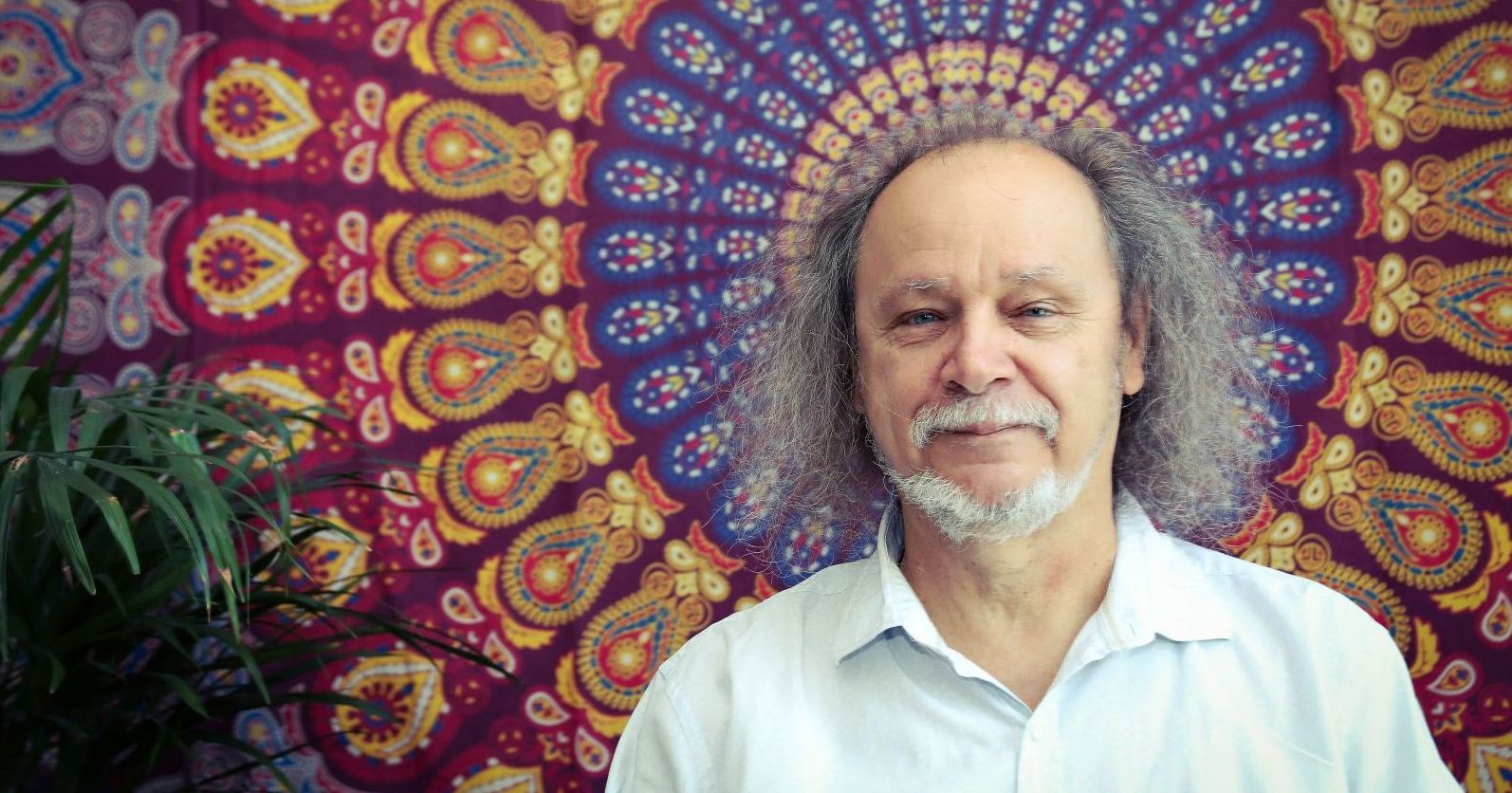 Humanities and arts
Humanities and arts
Intense Poetic Prose for the Nobel Prize
The Nobel Prize in Literature has been awarded to South Korean writer Han Kang. Students of Far Eastern Cultural Studies share their reflections on the laureate's work.
Han Kang was born in 1970 in Gwangju and received her education in Korean Philology from Yonsei University. She began her literary career in the 1990s, initially writing poetry. In 1995, she published her first collection of short stories, and in 1998, she participated in an international writing program at the University of Iowa.
The Nobel Prize for Han Kang is a tremendous honor, not only for the author but for all South Korean literature. This is the first Nobel in literature for an author from South Korea and the second in the country's history - after the Peace Prize awarded to Kim Dae-jung in 2000. The Royal Swedish Academy of Sciences recognized Han Kang for her "intense poetic prose that grapples with historical traumas and lays bare the fragility of human life".
In her work, Han Kang confronts historical traumas and invisible social conventions, revealing the fragility of human life in each of her pieces. She possesses a unique awareness of the connections between body and soul, the living and the dead, and her poetic and experimental style has made her an innovator in contemporary prose, the Academy explained.
NCU Students Familiar with the Laureate's Work
Julia Płonka and Dorota Malczewska, third-year students of cultural studies specializing in Far Eastern culture with a focus on Japanese (Faculty of Humanities), are familiar with Han Kang's work. They share their reflections based on one of the laureate's most popular books, The Vegetarian.
Four of Han Kang's books have been translated into Polish: The Vegetarian (2014), Human Acts (2016), The White Book (2022), and I Do Not Say Goodbye (2024), published by W.A.B.
"It's a novel divided into three parts,' they explain. "The first is the titular The Vegetarian. It's a story about self-discovery, presented from a male perspective. The protagonist is the narrator's wife, around whom his entire life revolves. What seems like an ordinary story takes on a dark tone, filled with coldness, blood, and a visceral aversion to meat. Han Kang fearlessly crosses boundaries and brutally exposes readers to a reality that highlights the struggles faced by not only Korean women but women worldwide".
I learned about The Vegetarian through its controversial but widely awarded English translation, which continues to spark discussions within translation circles. It's worth noting that the version available in Poland is an intermediary translation from English,' adds Jagoda Kiełpińska, a second-year student of Far Eastern cultural studies with a focus on Chinese. "The Vegetarian is, for me, a novel about attempting to take control over one's life. The protagonist's tool for this is her own body and the way she nourishes it. In The Vegetarian, bodily autonomy is portrayed as the only certain way to break free from the grip of tradition and rigid Korean social norms. Han Kang scrutinizes how Korean society treats women willing to break ranks, and the vision of consequences for such transgressions is terrifying yet familiar to many of us, including in Poland".
The story is complemented by the next parts: Mongolian Mark, where the story is told from the perspective of Yong-hye's brother-in-law, the main character of The Vegetarian, and Photosynthesis, which concludes Yong-hye's story, with her sister In-hye as the narrator.
Korean Taboos
The students unanimously agree that Han Kang tackles topics that are rarely discussed in South Korea, let alone written about in literature. She sheds new light on issues that both Korea and the rest of the world face. "The characters seem unhappy and weary of their lives, and any change brings terrible consequences upon them. The book reveals the struggle of individuals with their inner demons, the immense pain, and helplessness that accompanies it,' explains Julia Płonka. "The protagonist's reflections, shared with the reader only through dreams narrated by Yong-hye, can be interpreted as a form of silencing—a sick person whom their surroundings don't allow to be heard, someone who is neither listened to nor understood. The Vegetarian undeniably prompts reflection, and its minimalist, metaphor-laden language allows every reader to find themselves in Han Kang's work".
 NCU News
NCU News






 Humanities and arts
Humanities and arts
 Humanities and arts
Humanities and arts
 Exact sciences
Exact sciences